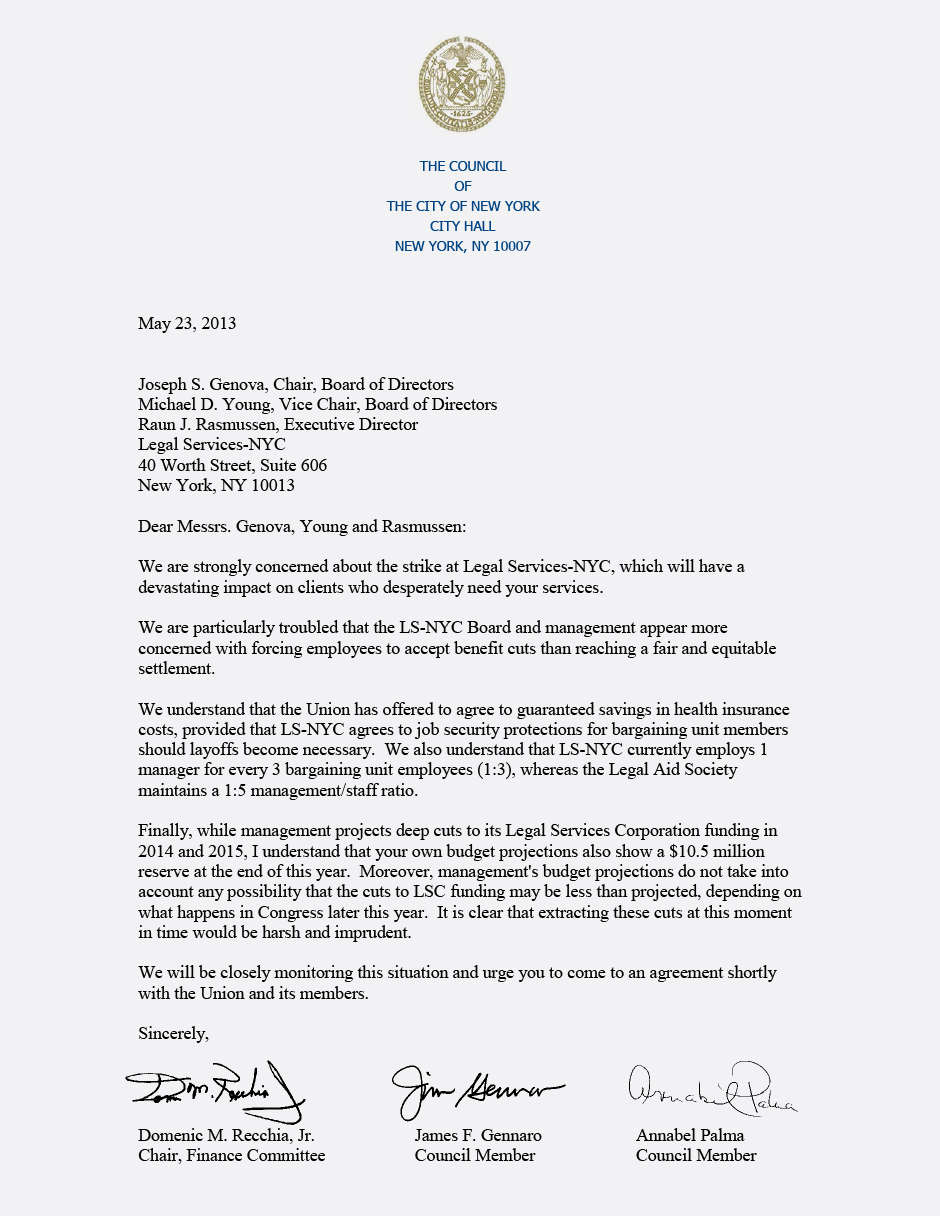
There are many things you need to take into consideration when choosing an investment adviser. This article will cover Fiduciary obligation, conflicts of interest and hourly rates. This is why it is important to choose an investment adviser who adheres to these regulations. Your advisor must be registered with either the Securities and Exchange Commission (SEC), or the state securities agencies.
Fiduciary liability
Fiduciary duty requires that investment advisors act in the best interests of their clients and disclose material facts in order to avoid conflicts. An infringement of fiduciary obligation can lead to financial liability as well as civil liability. Excessive or improper trading, making false representations concerning securities, and making false margin trading are all examples.
Fiduciary duty is the requirement that investment advisors act in the best interests of the client, keeping the client's interests at heart. This means they have to make sure that the advice they offer is in line with the client’s goals. To do so, the advisor must obtain sufficient information about the customer's financial situation. Fiduciaries typically decide what is in the client’s best interest and then discuss it.
Conflicts between interests
Investment advisers must disclose potential conflicts of interest to their clients. The disclosure must detail the nature of the conflict and the management. It also should include how the adviser will mitigate it. This information must be made public at the time of an initial recommendation and whenever the adviser recommends that an investor keep an investment. Whether or not an adviser has a conflict of interest depends on the specific circumstances of the relationship between the adviser and the client.

A conflict of interest occurs when the financial interests of an investment advisor and the client do not align. An investment professional might have a financial incentive, for example, to sell a security. The advisor is paid a commission by the broker who introduced the investor to this security. As a result, advisors will tend to seek out those investments that will generate the highest commissions.
Hourly rates
Investment advisors might charge hourly rates, flat fee, or any other arrangement for the time they spend working with their clients. These fees will usually be disclosed upfront. Clients are encouraged to request a copy of the invoice before they pay. Hourly rates are also affected by experience and specialty. Experienced advisors will charge more than less-experienced advisors.
For firms providing investment advice, the hourly fee model is very popular. An hourly rate is acceptable if the service is not repeated. A flat rate or percentage fee might be a better choice if you require ongoing management.
Retainer fees
Although commission-based advisors are attractive for their low cost, they may not be the right choice for every client. Advisors who are commission-based earn commissions from the sale of clients' financial products. These products can include mutual funds, stocks or insurance. Retainer-based advisory firms, on the contrary, do not charge commissions. They are also more transparent.
Retainer-based, financial planning avoids conflicts of interests. The advisor is paid an amount equal to one percent or two percent of the value of the client's portfolio. For example, if the client has a $500,000 portfolio, the advisor would earn $5,000 to $10,000 each year. However, this type of arrangement may be overly expensive and could create a conflict of interest. Additionally, retainer-based financial advisers can earn ancillary income by implementing a client’s investment plan.

Choosing an investment advisor
It is one of your most important financial decisions. It's important to choose someone who is registered and accredited, has a proven track record of success, and offers you a variety of investment products and advice. You should also choose a professional who is a member of the Investment Industry Regulatory Organization of Canada (IIROC), which regulates all investment dealers in Canada and monitors compliance.
There are many types and styles of advisors. Ultimately, choosing the right one for your organization will depend on your specific goals. Although past successes do not guarantee future results, having a strong relationship can build trust and open communication with an advisor. Look for someone who communicates with their clients regularly and focuses on long-term goals rather than just making short-term decisions based on emotions.
FAQ
How much do consultants make?
While some consultants may make over $100k per annum, most consultants earn between $25k and $50k. The average salary for a consultant is $39,000. This includes both salaried and hourly consultants.
Salary depends on the experience of the consultant, their location, industry, type and length of the contract (contractor or employee), as well as whether they have their own office or work remotely.
How did modern consultancy become possible?
The first consultants were accountants who helped companies manage their finances. They were known as "accounting consults" because they are highly skilled in the management of financial information. They soon expanded their roles into other areas like human resources management.
The French word meaning "to advise" in French is what gave rise to the term "consultant". This term was originally used by businessmen to denote someone who could give guidance on how to run an enterprise. Many business owners use the term "consultant" to describe any professional advisor.
What types of jobs are available as a consultant?
You will need to be able to understand business strategy and operations if you want to work as a consultant. Understanding the business world and how it fits into society is essential.
Consultant work requires excellent communication skills and the ability to think critically.
Because they might be required to complete different tasks at different times, consultants must be flexible. They should be able change direction quickly, if required.
They must be willing to travel for their clients. This kind of work can take them around the world.
They need to be able and able to manage pressure and stress. Consultants may sometimes be required to meet tight deadlines.
As a consultant, you may be expected to work long hours. You may not get overtime pay.
What skills are required for consulting?
As a consultant, you should have both strong interpersonal skills and analytical skills. This is important because you are working on projects where you may not know exactly what you are doing. You need to be able to manage people quickly and solve problems efficiently.
Also, you must have great communication skills. Most clients expect an answer within 24 hours. If they don’t hear back, they assume that you aren’t interested. It is important to keep them updated and make sure they fully understand the situation.
Statistics
- WHY choose me: Why your ideal client should choose you (ex: 10 years of experience and 6-week program has helped over 20 clients boost their sales by an average of 33% in 6 months). (consultingsuccess.com)
- According to IBISWorld, revenues in the consulting industry will exceed $261 billion in 2020. (nerdwallet.com)
- 67% of consultants start their consulting businesses after quitting their jobs, while 33% start while they're still at their jobs. (consultingsuccess.com)
- Over 62% of consultants were dissatisfied with their former jobs before starting their consulting business. (consultingsuccess.com)
- According to statistics from the ONS, the UK has around 300,000 consultants, of which around 63,000 professionals work as management consultants. (consultancy.uk)
External Links
How To
What is a typical day for a consultant?
Each type of work will dictate the day's pace. However, the majority of your day will consist of research and planning, meeting clients and preparing reports.
You will often have meetings where you discuss issues and problems with clients. These meetings can be held over the telephone, online or face-to face.
Sometimes, you may be asked to create proposals. These are documents that outline your ideas and plans for clients. These proposals will be presented to clients by you and a mentor.
After all the preparation, you'll need to start creating content. For example, you could be writing articles, designing websites, creating videos, editing photos, or conducting interviews.
Depending on your project's scope, it may be necessary to do research to get relevant statistics. For example, you may need to find out how many customers you have and whether they are buying more than one product or service.
Once you have enough information, it is time to present your findings and conclusions to clients. Your findings can be presented orally or written.
After the initial consultation, it is important to follow up with clients. You can call clients to ask how they are doing or send emails asking for confirmation that your proposal was received.
While this can be a slow process, it's essential to remain focused and maintain good working relationships with clients.